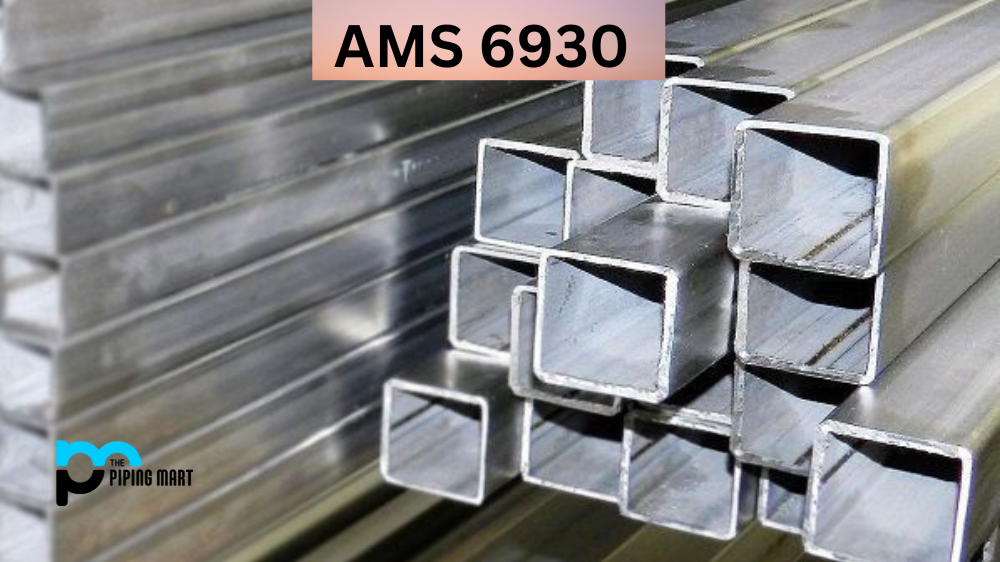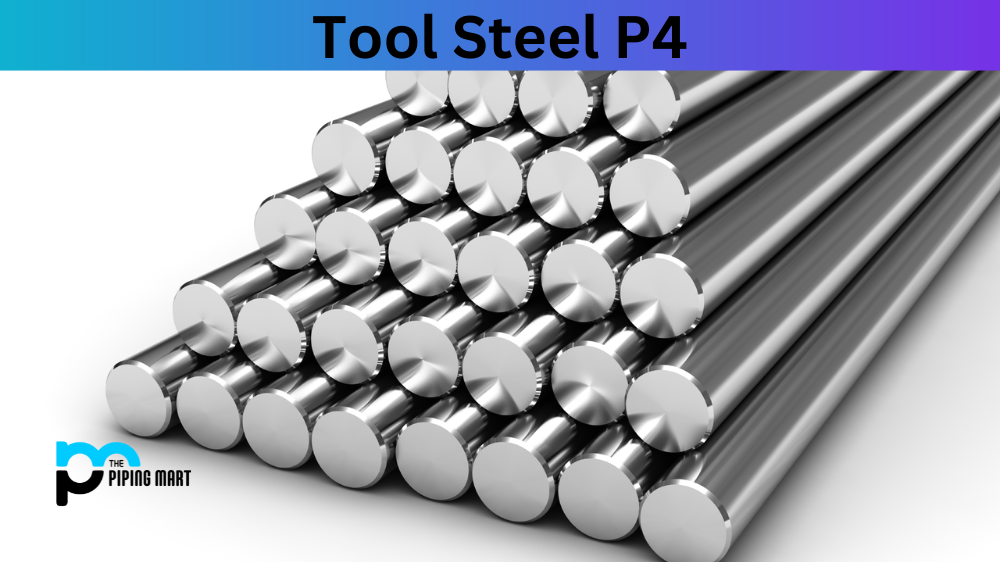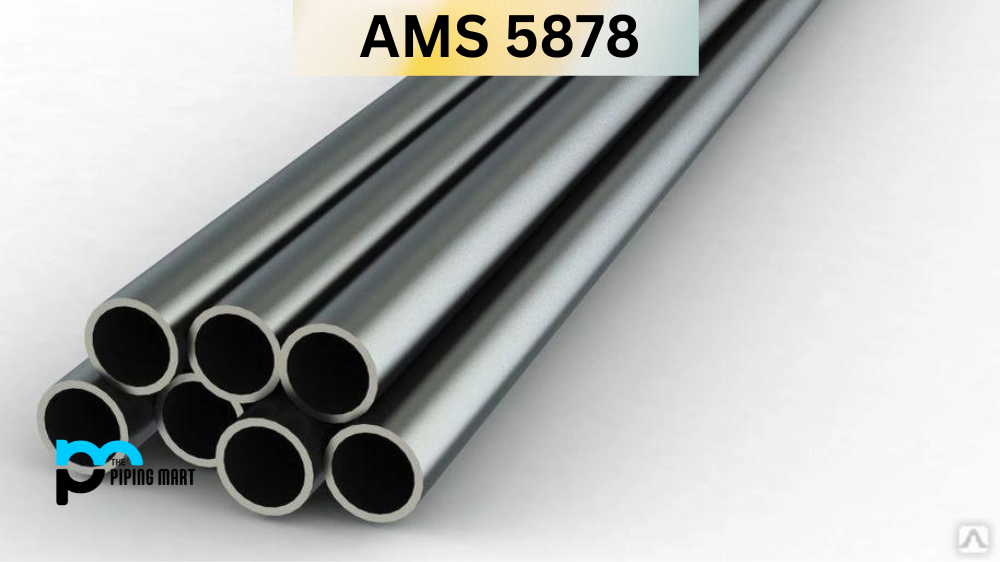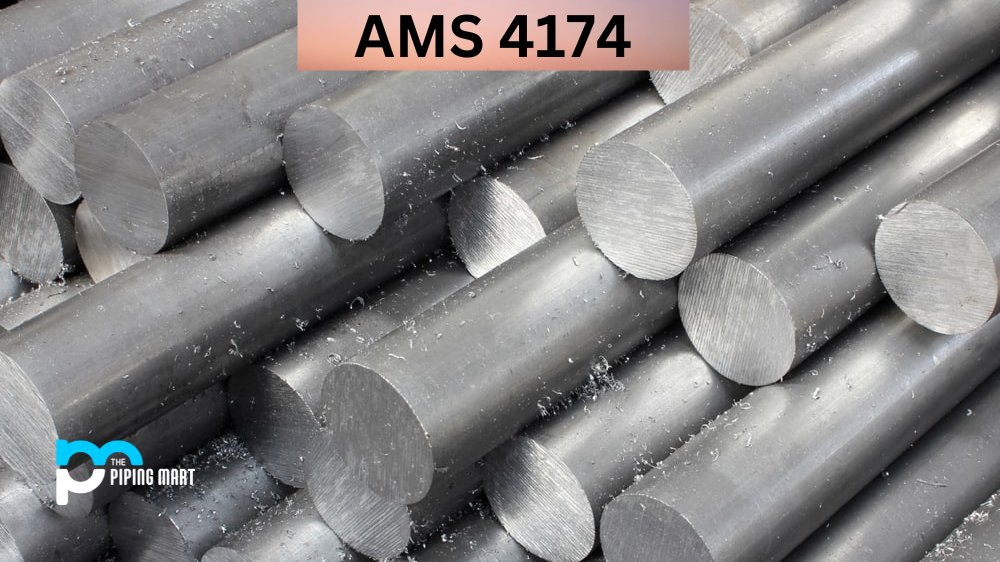Regarding materials engineering, AMS 6930 is a highly sought-after alloy with a great combination of physical and mechanical properties. This material’s unique composition makes it ideal for various applications and is used in multiple industries. This blog post will discuss everything you need to know about AMS 6930, from its composition to its heat treatment and uses.
What is AMS 6930?
AMS 6930, or “Maraging 250,” is a low-carbon steel that can be heat-treated to be incredibly strong and durable. Its high tensile strength and toughness make it ideal for critical parts in aircraft and other aerospace applications. It’s no wonder that AMS 6930 has become such an important material in the industry, as it allows engineers and manufacturers to create safer and more reliable aircraft. So the next time you board a plane, remember that this small but mighty alloy may play a crucial role in your flight.
AMS 6930 Composition
AMS 6930 is a low alloy steel containing nickel, molybdenum, chromium, and vanadium elements. It is a type of alloy steel designed for use in specialized applications requiring high strength, toughness, and corrosion resistance. The chemical composition of AMS 6930 is carefully controlled to ensure that it meets the required specifications.
AMS 6930 Physical Properties
AMS 6930 has excellent physical properties that make it suitable for various applications. It is a high-strength and low-carbon steel alloy that has a density of 7.85 g/cm³. The alloy has good corrosion resistance and is highly resistant to wear and tear. AMS 6930 is also very durable and can withstand harsh environments without losing strength and toughness.
AMS 6930 Mechanical Properties
The mechanical properties of AMS 6930 make it stand out in the material engineering world. The alloy has a tensile strength of 200 ksi and a yield strength of 185 ksi. Its elongation at break is approximately 13%. AMS 6930 also has a good fatigue life and is highly resistant to cracking and deformation.
AMS 6930 Uses
AMS 6930 is used in various industries, including aerospace, defence, and automotive, requiring high-strength materials. It is often used for manufacturing critical components such as landing gear, spindles, and shafts. AMS 6930 is also used in the oil and gas industry for drilling tools requiring high wear resistance and strength. In the medical industry, this alloy is used for manufacturing surgical instruments due to its corrosion resistance.
AMS 6930 Hardness
The hardness of AMS 6930 is determined by the heat treatment method used during its manufacturing process. The alloy can be heat-treated to increase its strength and hardness. After quenching and tempering, AMS 6930 has a Rockwell hardness of C50 to C55. This hardness level makes it suitable for use in applications requiring high strength and wear resistance.
AMS 6930 Heat Treatment
Heat treatment is a critical process in manufacturing AMS 6930. This alloy is first normalized, then quenched and tempered to achieve the desired mechanical properties. During the normalizing process, the alloy is heated to a temperature of 1650°F, soaked for a specific period, and then air-cooled. After normalizing, AMS 6930 is quenched and tempered to achieve its desired hardness.
Conclusion:
AMS 6930 is a low alloy steel with unique physical and mechanical properties. It is highly sought-after in various industries due to its strength, durability, and wear resistance. AMS 6930 manufactures critical components such as landing gears, spindles, shafts, and surgical instruments. The hardness of the material can be increased through heat treatment, which makes it ideal for use in high-stress applications. Hopefully, this blog post has provided you with valuable information on everything you need to know about AMS 6930.

Abhishek is a seasoned blogger and industry expert, sharing his insights and knowledge on various topics. With his research, Abhishek offers valuable insights and tips for professionals and enthusiasts. Follow him for expert advice on the latest trends and developments in the metal industry.




